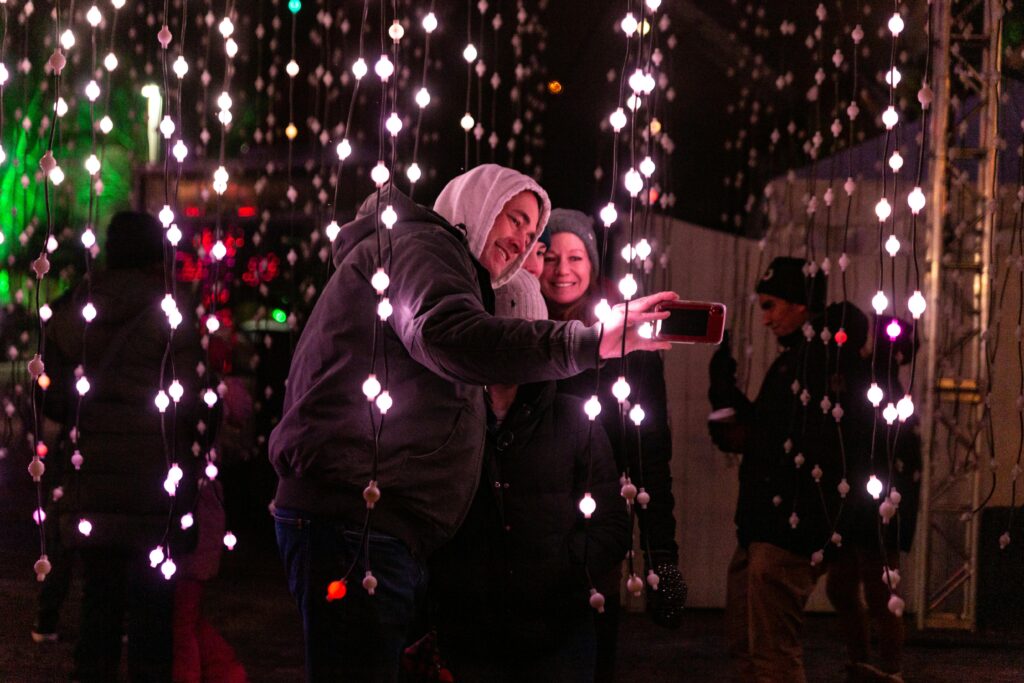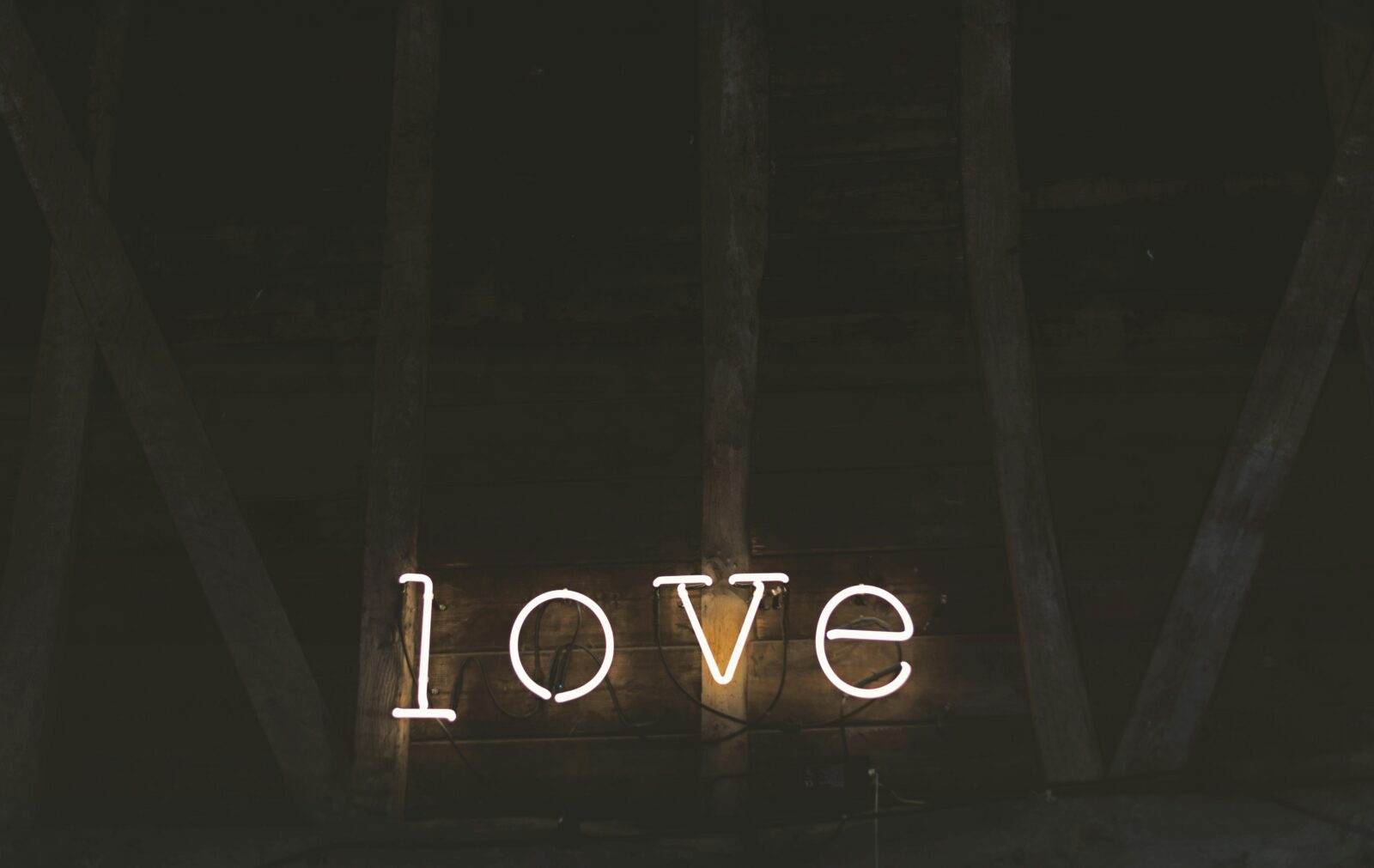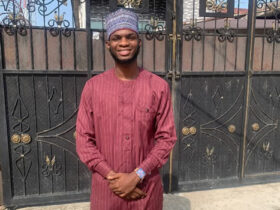On a book chat at Yesmin El-Rufa’i Foundation in September, last year, the moderator asked how I am able to openly express love in my poems given the region I come from is notorious for being unromantic. This wasn’t the first time, or the last time this kind of question will come up. Every now and then, debates spring up on social media platforms about the romantic- ness of Hausa men, or Hausa people in general. In another book chat in Kano in November, last year, a similar heated discussion sprang up on whether the Hausa people are romantic or not.
These conversations have made me wonder what yardstick people use to measure romance? What is romance in the face of love? How do you measure the extent of a person’s feelings? Is it in how many times they say ‘I love you’ or the number of times you’ve walked together, hands held in malls? Is it in carrying a lady’s bag while on a date or is it in how many times you call to check on them during the day? Is it in how late into the night you stay up to chat? Is it in the gifts you get them on birthdays, Eids, Christmas and anniversaries? Is it in kisses blown at the end of phone calls? Is it in how often you go on dinner dates? Is it in how much money you deposit in their bank accounts?
What is the S.I Unit of love?
Do unexpressed feelings mean unfelt emotions? Does it mean we do not feel at all when we do not say how much we feel, or do not say it as often as is expected? Back then when there were no telephones, no WhatsApp and snap chat, no internet, and people went weeks, months, or even years without getting in touch with the people they love, did their love go away? I agree, the Hausa culture is traditionally not one for verbal expressions of love. We did not hear our parents and grandparents profess their love to each other. They did not walk down the street holding hands or walk shoulder to shoulder in public. Did we see our mothers or their mothers feeding our fathers and their fathers food from their hands? No. We heard no pet names, saw no flowers, no boxes of chocolates, no anniversaries — at least not in the way it is done these days. Does that mean that they never loved or expressed that love? Was their way wrong and ours, right?

Love is no longer shy smiles exchanged with bowed heads, or letters shared with each other in secret, with younger siblings acting as couriers. A woman’s love is no longer affirmed by her silence when asked by her elders if she loves a man, or how she avoids roads leading to her beloved’s house out of shyness, or how she runs away giggling when his name is mentioned. Love is not date nights on mats once a week, sitting on either edge with a lamp in between. Love is simply no longer silence and a smile.
Times changed. Culture changed with it. And with the coming of the internet, social media and globalization, a lot of things have changed. Love isn’t an exception. Somehow, love is now daily phone calls, routine chats, and countless shared images. Love is now hands held in malls, WhatsApp status updates, ‘I love you’ dropped every other minute, bunch of flowers sent on birthdays and other times of celebration, and long Facebook posts affirming it. Love is now carts pushed at malls, car doors opened at parking lots, and frequent phone calls that stretch long into the night. Love is now a measure of how long it takes to reply to a message from the beloved, how many times a day you talk with each other, it is how many pictures of each other you share online, how many trends you set, and how much content you create. Love is now bold, loud, open, and no longer a private matter between two people.
While our ancestors were not quite verbal with their expressions of love, I think they still found other ways of expressing it. After all, Gary Chapman told us that love has more than one language of expression. Maybe their love language was not words but action. Maybe they said it in the way they took on the responsibilities of their wives, sometimes even their in-laws. I’ve seen a man whose wife lost both parents shortly after marriage. This man became responsible for her siblings, as his wife was the eldest child. He took care of those kids until he married them off. Should this man be classified as unromantic because he doesn’t verbally express his love to his wife?
The Hausa culture may not be a culture of men and women who openly express love, but it has never been devoid of couples who know sacrifice, commitment and endurance. After all is love not supposed to be about sacrifice?
Maybe we see them as unromantic now because times have changed, and the scale of measurement has been altered. What is the scale upon which love is measured? Is it universal? Is there a uniform, universally accepted S.I Unit for love anyway?
- In The Poetry of Life: The Poetic Side of Melancholy | Nasiba Babale - April 11, 2025
- In The Poetry of Life: The S. I. Unit of Love | Nasiba Babale - January 31, 2025
- In The Poetry of Life: Things I Remember About My Grandmother | Nasiba Babale - January 10, 2025












Leave a Reply